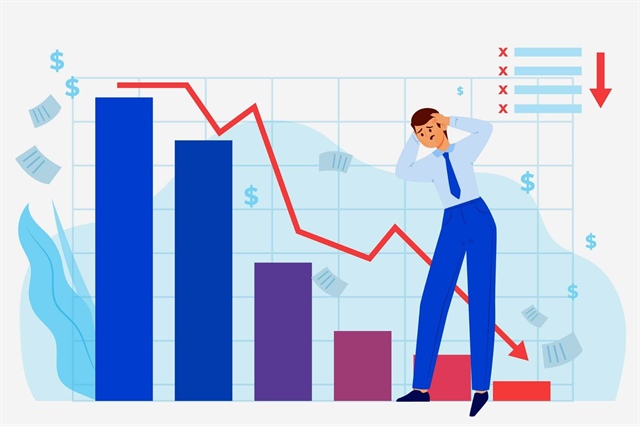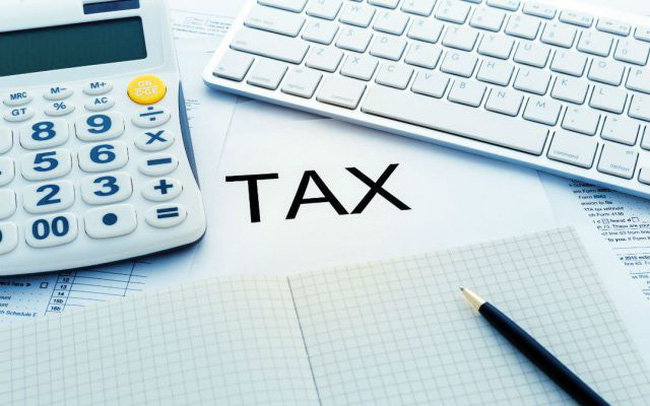How do I pay personal income tax by playing the stock market? Do you have to pay personal income tax to play at a loss? - Anh Tho (Binh Duong, Vietnam)

Vietnam: Do you have to pay personal income tax to play at a loss? (Internet image)
1. Income from securities transfer is personal income taxable in Vietnam
According to point b, clause 4, Article 2 of Circular 111/2013/TT-BTC (amended by Circular 25/2018/TT-BTC), income from securities transfer (one of the forms of income from capital transfer) is personal income taxable income, including:
- Incomes from the transfer of stocks, the right to buy stocks, bonds, bills, fund certificates and other securities as prescribed in Clause 1, Article 6 of the Law on Securities 2006 (currently Clause 1, Article 4 of the Law on Securities 2019).
- Income from the transfer of shares of individuals in a joint-stock company (also known as the transfer of shares) according to the provisions of Clause 2, Article 6 of the Law on Securities 2006 (currently Clause 2, Article 4 of the Law on Securities 20199) and Article 120 of the Law on Enterprise 2014 (currently Article 121 of the Law on Enterprise 2020).
2. Do you have to pay personal income tax when you play at a loss?
2.1 How to calculate personal income tax from securities transfer (latest)
* For resident individuals
The way to calculate personal income tax from securities transfer as prescribed in Clause 2, Article 11, Article 20 of Circular 111/2013/TT-BTC (amended by Circular 92/2015/TT-BTC) is as follows:
|
PIT pâyble |
= |
Price of each transfer |
x |
0,1% tax |
In there:
- Securities transfer price is determined as follows:
= The transfer price of securities of a public company traded at the Stock Exchange is the transaction price at the Stock Exchange.
The executed price is based on the order matching result of prices from transactions at the Stock Exchange.
= In cases other than the above
The transfer price of securities is the price written on the transfer contract or actual transfer price or the price in the accounting book transferor when the latest financial statement is made before the time of transfer according to regulations of law on accounting.
- Tax rate:
Securities transferee shall pay 0.1% tax on the price of each transfer.
* For non-resident individuals
Article 20 of Circular 111/2013/TT-BTC, the personal income tax on the income from capital transfer earned by a non-resident equals the total amount of money the non-resident receives from the transfer of capital invested in organizations and individuals in Vietnam multiplied by (x) 0.1% tax, whether the transfer is made in Vietnam or overseas.
The total amount of money the non-resident receives from the transfer of capital invested in organizations and individuals in Vietnam is the capital transfer price without any deductions, including the cost price.
The securities transferee is determined as for the resident individuals mentioned above.
2.2 Losing in stock trading still subject to personal income tax in Vietnam
Currently, there is no regulation that playing securities at a loss (ie the selling price is lower than the buying price) is not subject to tax, but tax will be calculated on the securities transfer value.
Therefore, if an individual transfers securities, he/she must pay personal income tax based on the value of the transfer, even if he/she plays at a loss.
Van Trong
- Key word:
- personal income tax in Vietnam
- PIT in Vietnam
 Article table of contents
Article table of contents










.Medium.png)
.Medium.png)
.Medium.png)
.Medium.png)
